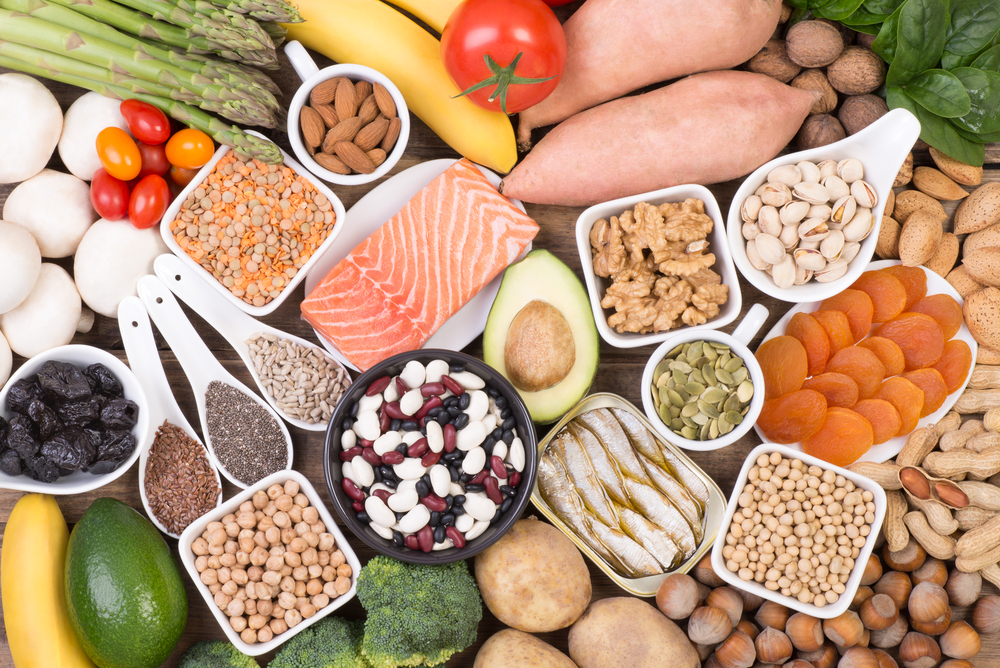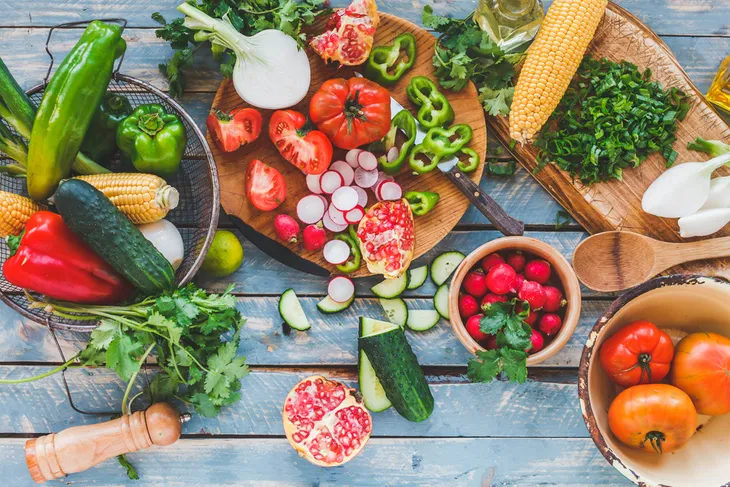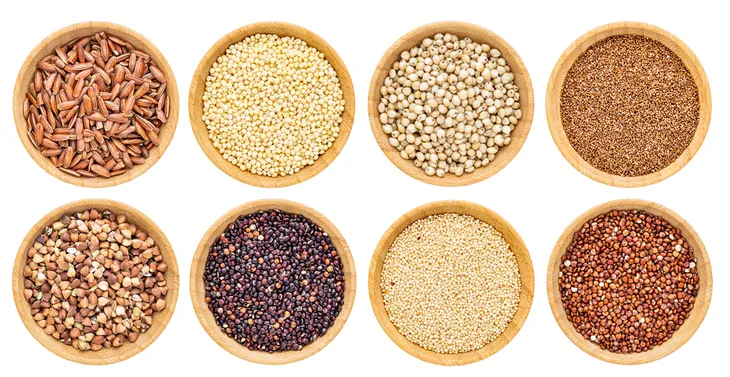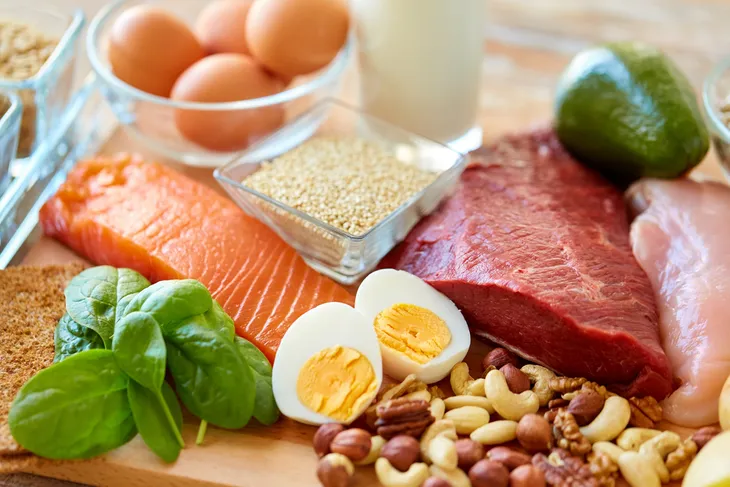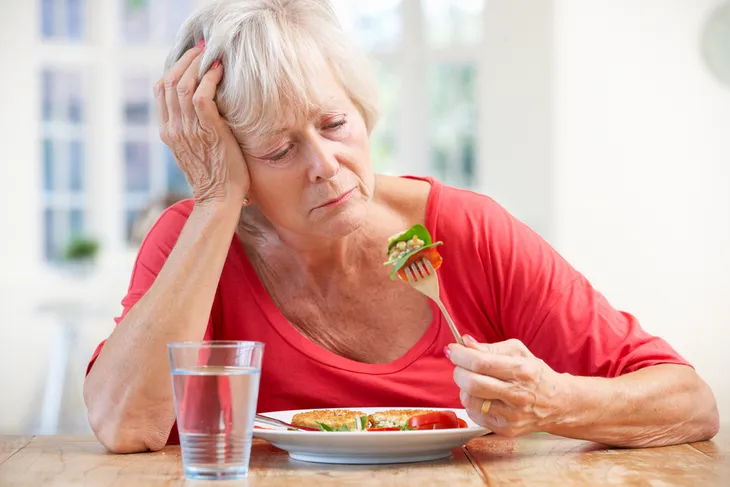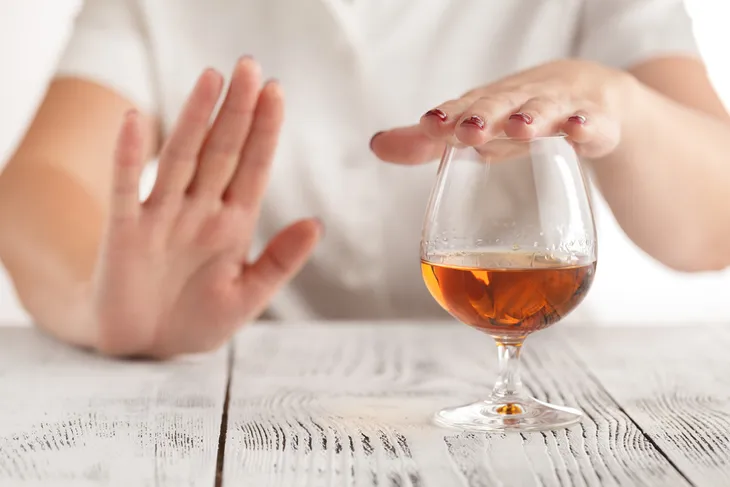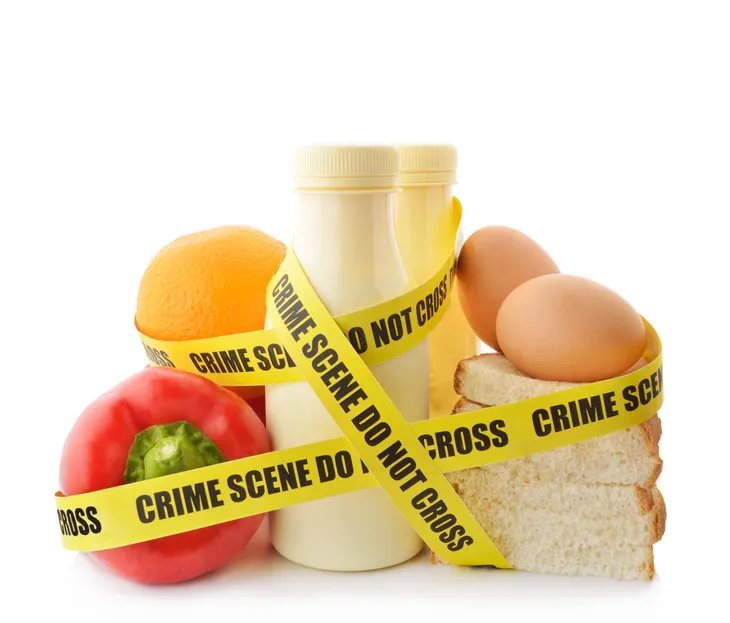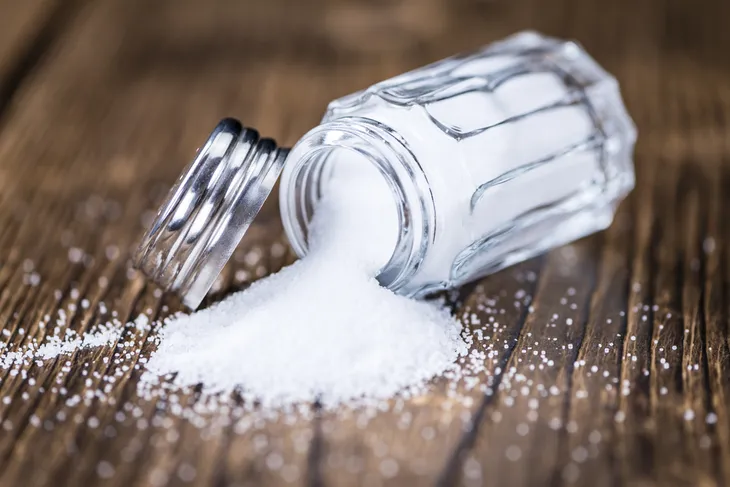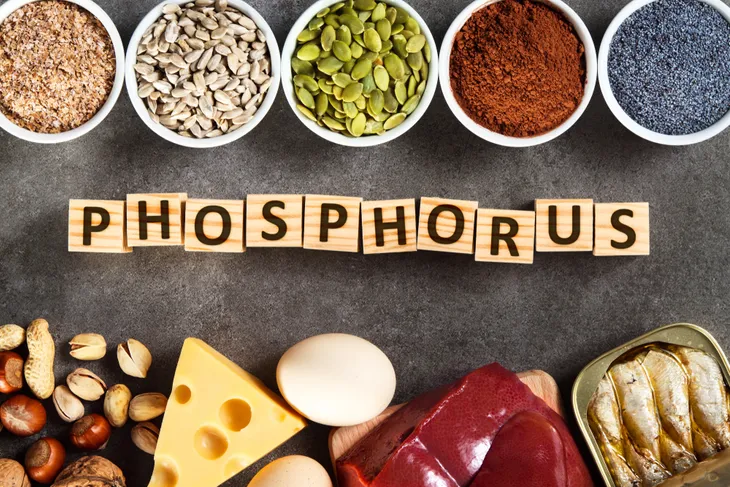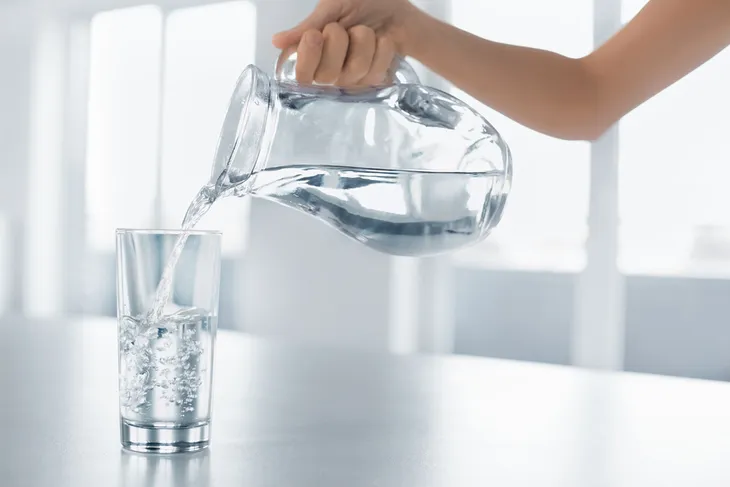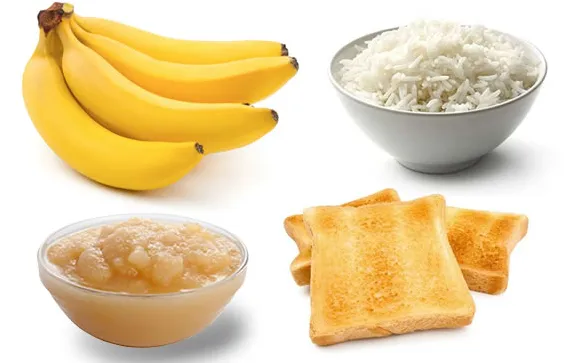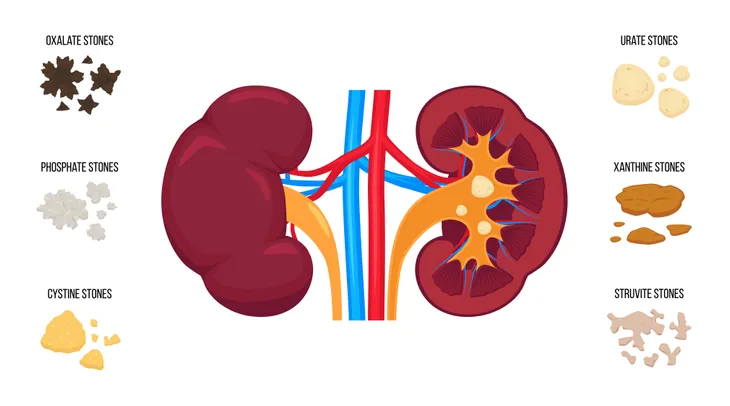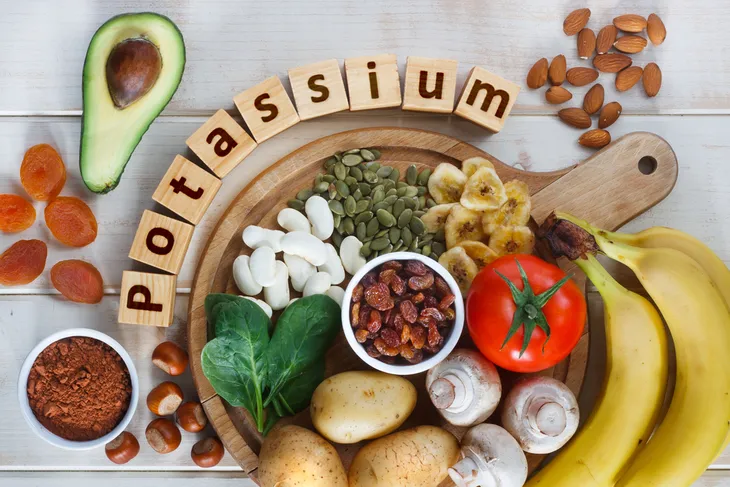Kidney cancer is a disease that causes cells in the kidney to become cancerous and grow out of control resulting in a tumor, says WebMD. Most of the time, this cancer first appears in the lining of tiny tubes (tubules) in the kidney, known as renal cell carcinoma. Thankfully, in most cases, if caught early enough, kidney cancer can be treated.
We all need to take the proper measures to eat healthy and maintain a healthy body weight, but for people who are undergoing treatment for kidney cancer, this is especially important. Everyday Health points out that treatments like chemotherapy and radiation can take a huge toll on the body, mentally and physically, so to make sure your body is in the best shape it can to remain strong, we need to fuel it with the right food.
Here’s a breakdown of foods that kidney cancer patients should eat, what they shouldn’t, and a few tips and tricks in between.
Eat: Lots of Fruits and Vegetables
Obviously we should all be eating lots of fruit and vegetables, but for kidney cancer patients it’s even more important. Healthline explains that fruit and vegetables are great because they offer lots of soluble fiber, many essential vitamins and minerals, and are able to reduce cholesterol and control blood sugar levels.
The source suggests aiming for anywhere between 5 to 10 servings of fruits and veggies everyday, and to get them from a variety of different sources.
Eat: Whole Grains
Whole grains are really good for us, especially when they’re put up against their counterpart refined carbs — white bread, flour, rice and pasta. Whole grains have amazing benefits from their vitamin B, fiber and iron content. “Whole grains are a great source of B vitamins and iron and fiber,” says Dee Sandquist, RD, spokeswoman for the American Dietetic Association to Everyday Health. Load up on foods like whole wheat bread, brown rice, oatmeal, and cracked wheat.
Healthline warns to be wary of some whole grains that are high in phosphorus and potassium which should be avoided or limited. We’ll get into that more later on in the article.
Eat: Right Amount of Protein
Not surprisingly, kidney cancer affects the functionality of the kidneys, especially if one has to be removed due to cancer. If this is the case, it’s important that patients be careful about the amount of protein they are eating. “High-diets may cause the kidneys to work harder to remove urea, a waste product created as your body breaks protein down for use,” writes Everyday Health. According to LiveStrong, protein-rich foods can also cause the compound uric acid to accumulate in the body as a toxin, leading to complications like heart disorders, joint pain and muscle weakness.
However, it’s also important that patients keep their weight up when undergoing treatment, which can be difficult. The best form of action is to discuss protein intake with your doctor and decide how much you should be eating. It all depends on the state of their kidneys, and every patient is different.
Tip: Eat What You Can, When You Can
Since most people who are going through kidney cancer treatment suffer with nausea and appetite loss and experience unintentional weight loss, it’s extremely important that they eat what they can, when they can. The American Cancer Society encourages eating whatever appeals to you at the moment because for some people, the options are limited in terms of what they can stomach.
“The main thing during treatment is to really maintain weight,” says Sandquist to Everyday Health. During treatment is not the time to be watching your weight or avoiding certain foods that cause weight gain. In fact, patients are often encouraged to indulge in high-calorie foods like peanut butter, milkshakes, sauces, gravies, cheeses, and whole milk.
To ensure that you’re eating enough, try eating smaller meals throughout the day. “You may find it helps to eat small portions every 2 to 3 hours,” writes American Cancer Society. “Try to keep in mind that these problems usually improve over time.” You can ask your doctor about seeing a dietitian, or an expert in nutrition to help you through the process.
Tip: Limit Alcohol
We talk a lot about what to do during kidney cancer treatment when it comes to eating healthy, but there are also some tips that you should follow during the recovery process after treatment is finished.
Among other lifestyle changes like exercising and eating healthy, the American Cancer Society recommends limiting alcohol. Women shouldn’t be having more than 1 drink a day, whereas men shouldn’t be having more than 2 drinks per day.
Tip: Be Cautious While Preparing Food
Patients of kidney cancer have a weakened immune system, so they need to be extra cautious about infection risk. This means they need to take certain precautions when preparing food, or rather, be a lot more strict with these already existing cautions. This means they need to thoroughly wash fruits and vegetables, as well as carefully cook meats, poultry, and eggs. Everyday Health warns that any meat eaten shouldn’t have any hint of pinkness and eggs should not be runny.
They will also need to store leftovers in the refrigerator immediately after eating and drink only pasteurized milk or fruit juice, says the source. Obviously avoid any foods that show any signs of mold, avoid uncooked shellfish or raw fish. And be extremely detail oriented about best before dates and expiry dates.
Avoid: Foods High in Salt
Not surprisingly, foods that are high in salt aren’t good for people with kidney cancer. Heck, they aren’t even good for the average healthy individual! “Salt can disrupt the fluid balance in your body and lead to high blood pressure,” write Healthline. “This can make any loss of kidney function worse.”
The worst foods when it comes to sodium are those that are highly processed like fast food, canned food, salty snacks, and deli meats. To avoid overdoing it on salt, when possible, make meals at home and avoid using any pre-packaged or boxed meals. This way you can monitor how much salt you’re putting in. You should also use herbs and spices when flavoring food instead of salt. Healthline advises checking with a healthcare professional before using any exotic herbs.
Avoid: Foods High in Phosphorus
In addition to avoiding foods that are high in salt, kidney cancer patients should avoid eating foods that are high in phosphorus because it can cause complications with their condition. The average person needs to eat phosphorus because it’s a chemical element that maintains bone strength. However, for people who have kidney cancer, it could build up in the bloodstream and cause symptoms like itching and joint pain, says Healthline.
“When you eat phosphorus-rich foods, your body is unable to properly excrete the chemical,” writes LiveStrong while citing the National Kidney Foundation. Avoid eating foods like liver, beans, chocolate, nuts, seeds, processed bran cereals, yogurt, milk, and cheese.
Avoid: Drinking Too Much Water
Usually we’re preaching about drinking more water because most people do not consume enough water throughout the day, but people who have kidney cancer need to be careful about overhydration. “Having reduced kidney function can compromise your urine production and cause your body to retain too much fluid,” writes Healthline.
Obviously, drinking water is important, so we don’t want to eliminate water. Just be more mindful of how much water you’re consuming so that it’s not an excessive amount.
Tip: Eat Bland Foods to Avoid Nausea
It’s not uncommon to feel nauseated during kidney cancer treatment. It’s one of the reasons patients tend to lose weight during their treatment, and are often encouraged to make a conscious effort to eat what they can, when they can. In order to help with this problem, we’ve got some tips and tricks that might help battle the nausea. Everyday Health first recommends eating foods that are bland that won’t upset the stomach. For example, crackers, toast, apple sauce, or broth. You should also avoid any spicy or acidic foods. The second recommendation is to choose foods that are cold, over those that are hot or warm.
The source talked to Dee Sandquist, RD, spokeswoman for the American Dietetic Association who advises patients to stay out of the kitchen. “Sometimes cooking odors might upset their stomachs. Be sure to try and eat in a separate room if possible,” she says. Lastly, to avoid ruining any of your favorite foods in the future, avoid eating them while you’re sick. This way you won’t develop an aversion to them.
Avoid: Oxalate Foods
Oxalate is a compound that is found in some foods that is also produced as a waste product by the body, says HealthLinkBC. According to report conducted by Dr. Janet R. Walczak titled “John Hopkins Patients’ Guide to Kidney Cancer,” kidney patients should avoid eating foods that are high in oxalate.
“This chemical can become lodged in your kidneys, form stones and cause complications that can affect your kidney cancer treatment,” writes LiveStrong. “These chemicals are commonly found in dark leafy green vegetables, beets, rhubarb, spinach, tea, wheat bran, tofu and nuts.”
Avoid: Foods High in Potassium
Another group of foods to avoid when dealing with kidney cancer are foods that are high in potassium like avocado, chocolate, granola, dates, figs, bran, squash, apricots, peanut butter, honeydew, broccoli, molasses, milk and bananas, says the National Kidney Foundation.
So why are we avoiding high potassium foods? Well, according to research by Dr. Eric P. Cohen in “Cancer and the Kidney,” “an overabundance of potassium can cause muscle weakness and cardiovascular problems that can complicate kidney cancer,” writes LiveStrong.
